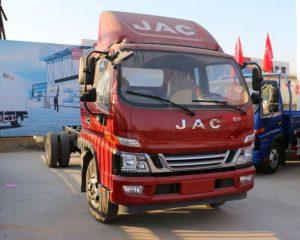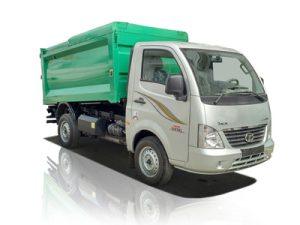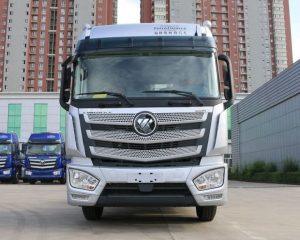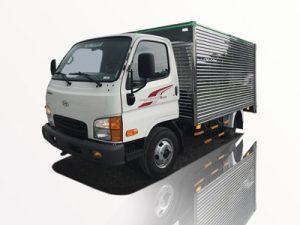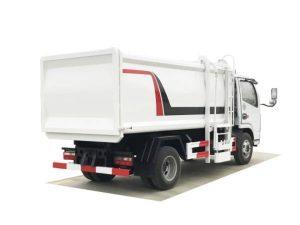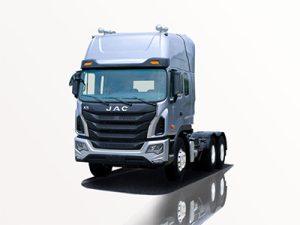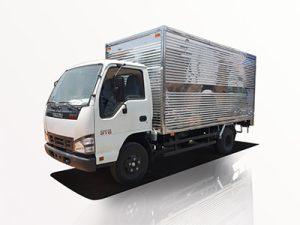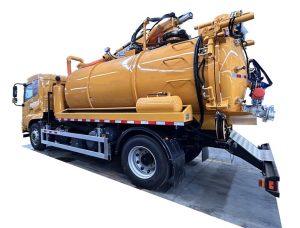Monday to Saturday - 8:00 -17:30
Find the Best Compactor for Sale Near You: The Ultimate Guide
Are you in the market for a compactor? Whether you’re a homeowner with landscaping needs, a contractor with heavy-duty requirements, or a business owner looking to manage waste more efficiently, buying the right compactor can significantly improve your operations and project efficiency. This comprehensive guide will help you understand different types of compactors, where to find them for sale near you, and what factors to consider before making a purchase.
Understanding Compactors
What is a Compactor?
A compactor is a machine that compresses various materials, such as waste, soil, or gravel, into a smaller volume. By reducing the volume of materials, compactors help in saving space and reducing disposal costs. They are widely used in construction, landscaping, and industrial applications.
Types of Compactors
There are several types of compactors available in the market, each catering to specific needs:
- Mechanical Plate Compactors: Ideal for compacting soil and asphalt.
- Vibratory Rollers: Perfect for large areas needing optimal compaction.
- Trash Compactors: Designed for commercial waste reduction.
- Walk-Behind Compactors: Used for residential and smaller projects.
Why Buy a Compactor?
Efficiency and Cost Savings
Using a compactor helps in maximizing space, which in turn translates to significant savings in waste disposal and transportation costs.
Improved Project Quality
Proper compaction leads to enhanced stability and durability of surfaces, which is crucial in construction and landscaping projects.
Sustainability
Reducing waste volume helps in minimizing the environmental impact, aligning with sustainability initiatives.
Finding a Compactor for Sale Near You
Online Resources
Start your search for compactors by checking online platforms. Websites like Craigslist, eBay, and local construction equipment rental and sales companies often have listings. Use search terms like “compactor for sale near me” to filter results according to your location.
Local Equipment Dealers
Visit or contact local equipment dealers who specialize in construction equipment. They often have a range of compactors and can provide advice based on your specific needs.
Rental Shops as Sources of Purchase
If you are not sure about committing to a purchase, consider rental shops. Many rental companies offer the option to buy equipment after renting it, allowing you to test it out first.
Considerations When Buying a Compactor
Project Requirements
Identify the scope of your project and select a compactor that fits your specific needs, including material type and area size.
Budget
Set a budget that takes into account both the upfront cost and the potential operational costs (like fuel, maintenance, etc.).
Brand and Quality
Opt for reputable brands known for quality and reliability. Research brand reviews and ratings from other customers to aid your decision-making process.
New vs. Used Compactors
Consider whether to buy a new or used compactor. New machines come with warranties and the latest technology, while used machines can offer significant savings.
Practical Tips for Buying a Compactor
Inspect Before You Buy
If purchasing a used compactor, inspect it thoroughly. Check for signs of wear, operational efficiency, and any necessary repairs.
Ask About Warranty and Support
Ensure that any new or used machine comes with a warranty or service agreement. This can save you money in the long run if repairs are necessary.
Consider Financing Options
Some dealers offer financing options which can help you manage the cost more effectively. It’s worth inquiring about these options before making your decision.
Maintenance and Care for Your Compactor
Regular Checks
Conduct regular maintenance checks, including fluid levels, belts, and filters, to keep your compactor in optimal working condition.
Proper Cleaning
After each use, clean the compactor to prevent material buildup and corrosion, which can affect performance over time.
Periodic Professional Service
Every few months, consider hiring a professional service to perform in-depth maintenance, ensuring longevity and peak performance of your unit.
Common Issues and Troubleshooting
Compactor Doesn’t Start
Check the fuel levels, battery connections, and safety switches. Sometimes, a simple reset can resolve the issue.
Underperformance During Compaction
If your compactor isn’t effectively compressing material, check for proper weight distribution and fluid levels. Additionally, review operational guidelines to ensure proper usage.
Unusual Noises
Strange noises can indicate mechanical issues. Stop the machine and investigate potential problems before further use.
Frequently Asked Questions (FAQ)
1. How much does a compactor cost?
The price of a compactor can range from $1,500 to over $10,000 depending on the type, brand, and condition (new or used). Always align your purchase with your budget and project needs.
2. Can I rent a compactor instead of buying?
Yes, many rental shops offer compactors for short-term use, which can be a cost-effective solution for one-time projects.
3. What is the difference between a plate compactor and a roller compactor?
Plate compactors are usually used for smaller areas and are lighter, while roller compactors are heavier and designed for larger landscapes or tasks.
4. How do I choose the right size for my compactor?
The size of your compactor should depend on the area you need to compact and the type of material. Consult with professionals or rental agencies for tailored advice.
5. What brands are recommended for compactors?
Reputable brands in the compactor market include Caterpillar, Wacker Neuson, and Hamm. Always check reviews and ratings based on customer experiences.
6. How often should I maintain my compactor?
Regular checks should occur after every use, with more thorough maintenance every few months. Following the manufacturer’s guidelines is critical for optimal performance.


